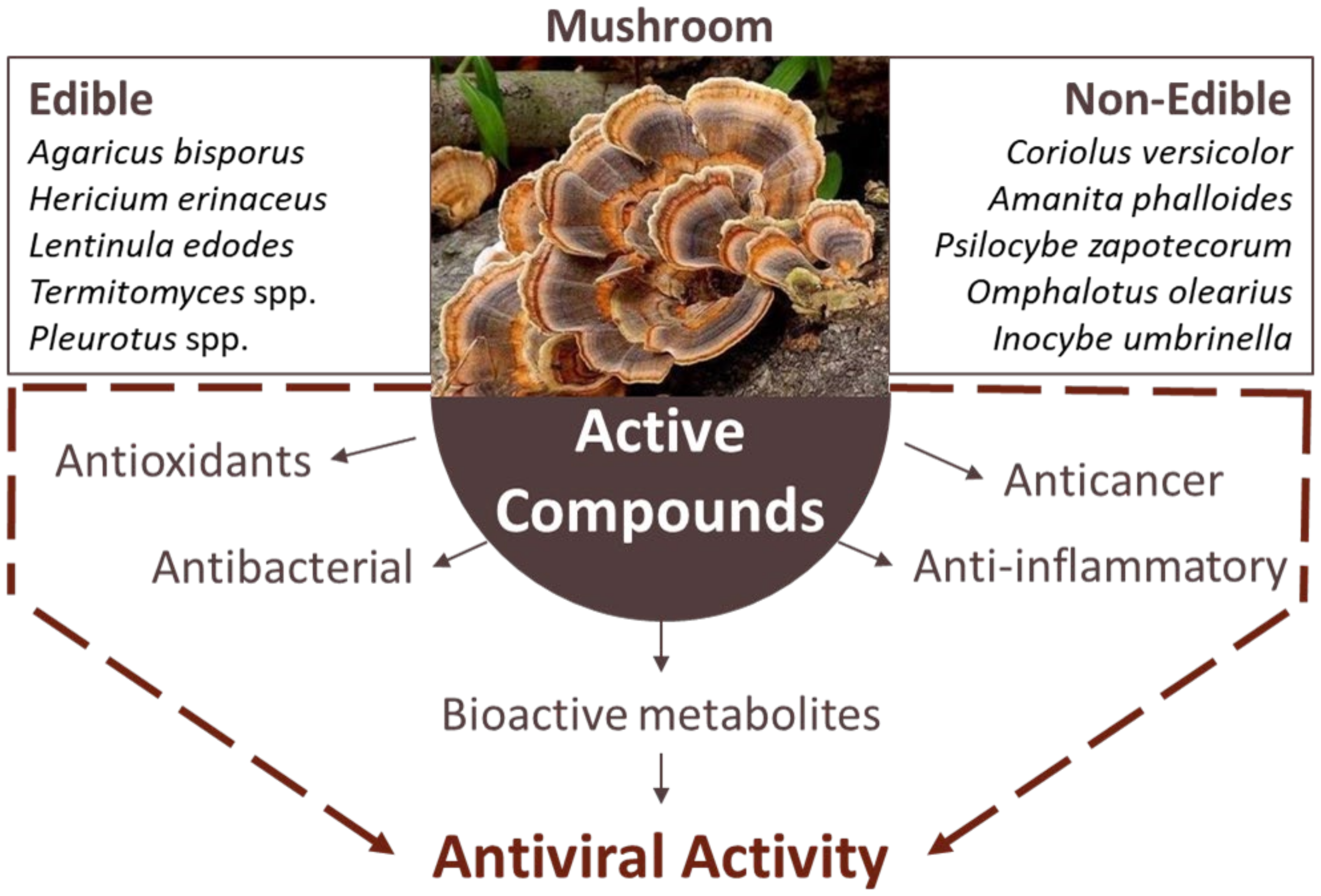The Benefits of Fungi in Fermented Foods: A Comprehensive Exploration
Fermented foods have seen a renaissance in recent years, propelled by burgeoning interest in gut health and holistic diets. At the forefront of this culinary and nutritional revolution are fungi, organisms that play a pivotal role in fermentation. From tantalizing textures to complex flavors and myriad health benefits, fungi are indispensable allies in the realm of food fermentation. This examination aims to elucidate the multifaceted advantages offered by fungi in fermented foods, challenging the reader to reconsider their perceptions of these remarkable microorganisms.
The Multifactorial Nature of Fermentation
Fermentation, a metabolic process that converts sugars to acids, gases, or alcohol using microorganisms, is an ancient technique employed to preserve and enhance food. Among the myriad types of fermentation, fungal fermentation stands out, primarily through the utilization of yeasts and molds. Saccharomyces cerevisiae, commonly known as baker’s or brewer’s yeast, exemplifies the impact of fungi in creating alcoholic beverages and leavened bread. Meanwhile, molds such as Aspergillus oryzae are instrumental in producing soy sauce and miso, infusing these staples with a distinct umami flavor.
By harnessing the unique properties of fungi, various fermented foods exhibit enhanced preservation, improved flavors, and increased nutritional profiles. Throughout this discourse, attention will be given to how these benefits manifest and the implications for our diets.
Elevating Nutritional Value through Microbial Action
Fungi contribute significantly to the nutritional enhancement of fermented foods. This bioactive transformation is attributed to several mechanisms. For instance, the enzymatic activity of fungi breaks down complex carbohydrates, rendering nutrients more bioavailable. This process also facilitates the release of essential amino acids and vitamins, particularly B vitamins such as riboflavin, niacin, and folate.
Moreover, fungi are capable of synthesizing vital nutrients during fermentation. Vitamin D2 production in mushrooms, when exposed to ultraviolet light, has garnered attention for its health benefits, especially for populations with limited sunlight exposure. Yeast and mushroom fermentation can also yield bioactive compounds, including polypeptides and polysaccharides, which may exert immunomodulatory effects.
Additionally, the fermentation process leads to the formation of short-chain fatty acids (SCFAs), such as butyrate and propionate, which play a critical role in gut health by serving as energy sources for colonocytes and exhibiting anti-inflammatory properties. Regular consumption of fermented foods enriched with fungal metabolism may contribute to reduced risk factors for diseases such as obesity, diabetes, and cardiovascular diseases.
Flavorful Alchemy: The Role of Fungi in Taste Development
The richness of flavor in fermented foods is astonishing, and fungi are central to this sensory journey. The complex organoleptic properties of fermented products arise from a symphony of biochemical reactions catalyzed by fungi. The breakdown of carbohydrates generates myriad compounds, including alcohols, esters, and organic acids, which contribute to the complex flavor profiles found in beverages like beer, wine, and spirits, and foods such as tempeh and cheese.
Importantly, the Maillard reaction, which occurs upon cooking, is greatly influenced by the pre-fermentation steps involving fungi, as these microorganisms convert sugars into volatile compounds that interact with amino acids during cooking. This process can give rise to the nutty, savory, and caramel-like flavors associated with toasted or roasted products.
Furthermore, the ability of particular fungi to produce unique enzymes, such as cellulases and proteases, introduces an additional layer of complexity, breaking down tough plant fibers and proteins to create softer textures and enhanced mouthfeel. These textural improvements make fermented foods more palatable and appealing to a diverse audience, ultimately promoting a higher rate of consumption.
Fungi as Probiotic Warriors
Several strains of fungi exhibit probiotic properties, which further amplify their significance in fermented foods. Probiotics are defined as live microorganisms that confer health benefits to the host when consumed in adequate amounts. While much of the research regarding probiotics has concentrated on lactic acid bacteria, emerging studies highlight the importance of fungi such as Saccharomyces boulardii and other non-pathogenic yeasts in promoting gut health.
These beneficial fungi can improve the gut microbiome by inhibiting pathogenic bacteria, thereby mitigating gastrointestinal disorders, including diarrhea and irritable bowel syndrome (IBS). The mechanisms underlying these effects may involve the competition for nutrients and adhesion sites, alteration of the gut environment to favor beneficial microbes, and modulation of immune responses.
Moreover, regular ingestion of foods rich in these probiotic fungi may bolster gut barrier function and enhance intestinal permeability, which can be particularly important in preventing conditions such as leaky gut syndrome. The implications are profound: fostering a robust gut flora through fungal-rich foods could potentially lead to improved mental health and overall well-being, given the burgeoning research connecting gut health to mental health.
Conclusion: A Call to Embrace Fungal Fermentation
The myriad benefits of fungi in fermented foods underscore their invaluable contributions to nutrition, flavor complexity, and gut health. As the landscape of dietary choices continues to evolve, the reintegration of these fermented delicacies into our diets should be embraced, not only for their delectable qualities but also for their profound health benefits. The pressing question for consumers and health enthusiasts alike thus becomes: are we ready to elevate fungi to their deserved place in our culinary experiences?
In light of the compelling evidence presented, a conscious effort to incorporate diverse fermented products replete with fungal life—be it through artisanal sourdough bread, tangy kefir, or savory miso—is a step towards a more holistic approach to diet. As research unfolds, the secrets of these minute yet mighty organisms will undoubtedly further illuminate their roles in health and nourishment. The challenge awaits: will you choose to elevate your palate and your health by embracing the wonders of fungi in fermentation?
